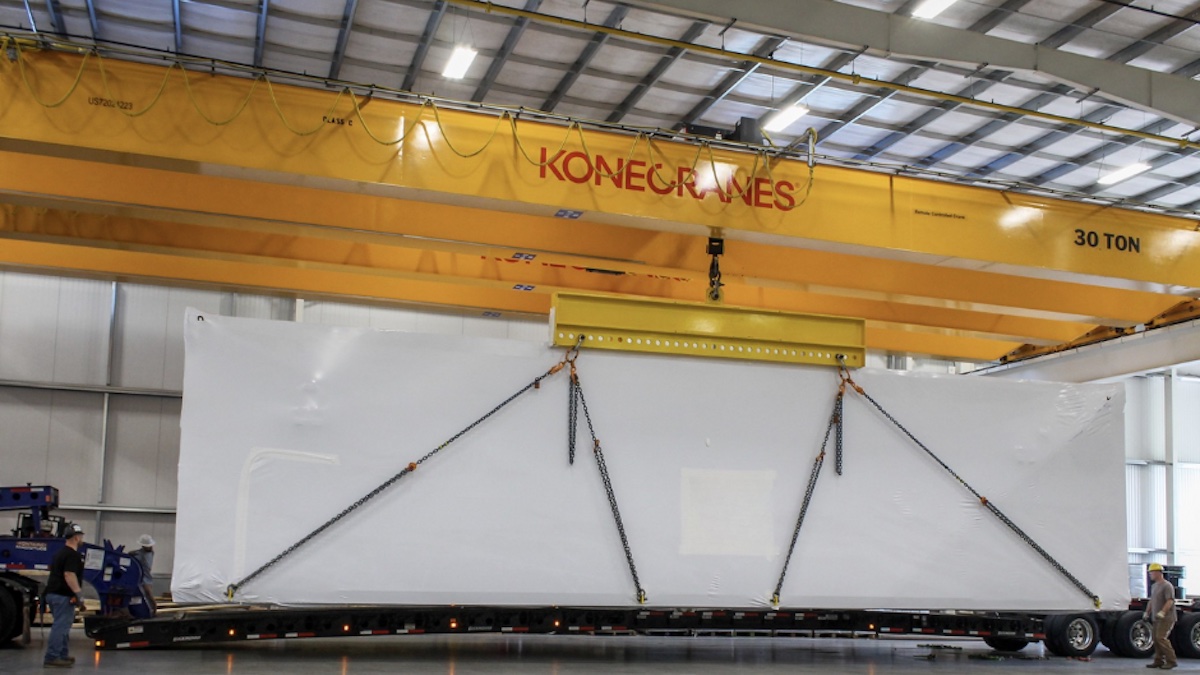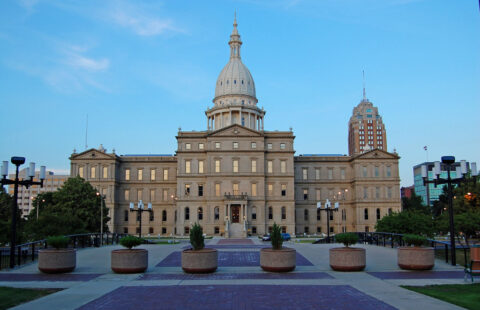
How Modular Buildings Can Serve Varying Industries
In today’s fast-moving world, industries are constantly searching for smarter, faster, and more flexible ways to build spaces that support their operations. Whether it’s expanding office areas, setting up temporary facilities, or creating specialized environments, modular buildings have become an increasingly popular solution.
By combining quality craftsmanship with speed and adaptability, modular construction delivers results that traditional methods struggle to match. Let’s explore how modular buildings serve a variety of industries — and why they’re redefining the way we think about construction.
What Is Modular Construction?
Modular construction is a method where building sections, known as modules, are manufactured off-site in a controlled environment and then transported to the location for assembly. These modules can form part of a structure or complete buildings that meet the same codes and standards as traditionally built projects.
Because most of the work happens off-site, modular construction drastically reduces on-site disruption, shortens project timelines, and improves overall quality control. The result is a high-performing, scalable, and cost-effective structure that is ready for use in weeks, rather than months.
Key benefits include:
- Faster project delivery — up to 50% quicker than traditional builds
- Lower costs through reduced labor, waste, and downtime
- Flexibility to expand, relocate, or reconfigure
- Better sustainability with less material waste
- Enhanced quality control through precision manufacturing
How Modular Buildings Serve Different Industries
Energy Sector
From wind farms to oil and gas projects, energy operations often take place in remote or challenging environments. Modular buildings offer a practical solution by providing on-site offices, control rooms, rest areas, and storage facilities that can be delivered and assembled quickly.
Because modular units are built for durability, they can withstand harsh climates while maintaining comfort and safety for on-site teams. When the project moves, the buildings can move too — offering the flexibility that remote operations demand.
Benefits for the energy industry:
- Rapid deployment in remote areas
- Climate-controlled workspaces
- Cost-effective relocation between project sites
- Improved worker safety and comfort
Technology and Data Centers
As the demand for cloud computing, AI, and digital storage continues to rise, data centers need to be built and expanded at record speed. Modular construction meets this challenge by delivering pre-engineered modules customized for power, cooling, and cabling systems.
Pre-tested and factory-built environments minimize errors and reduce go-live times, allowing data facilities to scale efficiently as demand grows.
Benefits for technology companies:
- Faster deployment and scalability
- Reduced construction disruption
- Energy-efficient, code-compliant builds
- Consistent quality and reliability
Manufacturing Industry
Manufacturers often face the challenge of expanding facilities without interrupting production. Modular construction solves this by creating new administrative offices, break rooms, or training centers adjacent to existing factories — all while keeping operations running smoothly.
For growing plants, modular buildings can even serve as temporary production areas, helping teams meet sudden spikes in demand.
Benefits for manufacturers:
- Faster facility expansion
- Minimal production downtime
- Adaptable layouts for changing operations
- Lower total project cost
Food Processing and Agriculture
Food production facilities must meet strict sanitation and safety standards. Modular construction allows companies to add or modify spaces like clean rooms, testing labs, packaging zones, and equipment rooms quickly and cost-effectively.
Since modules are produced under controlled factory conditions, it’s easier to ensure compliance from start to finish.
Benefits for food and agriculture businesses:
- Hygienic and easy-to-clean building materials
- Full compliance with safety regulations
- Quick facility upgrades or expansions
- Seasonal or scalable production flexibility
Government and Public Sector
From emergency shelters to field offices, government agencies often need facilities that can be deployed quickly. Modular buildings are ideal for disaster response, temporary housing, vaccination centers, and public infrastructure projects.
These structures can be assembled in days, helping communities recover and operate without delay. Once the mission ends, the buildings can be relocated or reused for other purposes.
Benefits for government use:
- Rapid deployment in emergencies
- Portable and reusable structures
- Cost-effective and durable builds
- Supports public and community projects
Construction and Engineering Projects
Every construction site needs operational space — from planning offices to worker lounges. Modular buildings provide the perfect on-site solution: portable offices, restrooms, and storage units that move as the project advances.
Instead of wasting time on temporary setups that must be rebuilt, contractors can reuse modular units across multiple projects, saving both time and money.
Benefits for construction teams:
- Quick setup and relocation
- Improved site organization
- Reusable across multiple sites
- Safer and more efficient project environments
Cross-Industry Benefits of Modular Buildings
Across all industries, modular buildings offer advantages that make them a superior alternative to traditional construction:
- Speed and productivity: Faster build times mean quicker project completion.
- Cost efficiency: Lower labor and material costs reduce total expenses.
- Scalability: Expand, shrink, or relocate as needs evolve.
- Sustainability: Eco-friendly materials and reduced waste benefit the environment.
- Quality assurance: Factory precision ensures consistency and safety.
- Design flexibility: Modules can be tailored for both function and aesthetics.
Considerations for Implementing Modular Construction
Before starting a modular project, businesses should keep a few factors in mind:
- Site preparation: Ensure foundations, utilities, and logistics are planned in advance.
- Regulatory compliance: Review local building codes and industry standards.
- Integration: Align new modules seamlessly with existing infrastructure.
- Lifecycle planning: Decide whether the setup is temporary or permanent.
- Partner expertise: Choose a modular construction company with experience in your specific industry.
When executed thoughtfully, modular construction not only saves time and money but also helps organizations future-proof their operations.
Conclusion: Building Smarter with Miller Industries
At Miller Industries, we understand that every industry faces unique challenges — and modular construction is helping solve them faster than ever. Our team specializes in designing and delivering innovative, high-quality systems and structures that enhance operational efficiency across sectors like automotive, healthcare, data centers, and manufacturing.
With decades of engineering expertise and advanced fabrication capabilities, we help businesses move forward confidently, one modular solution at a time. Whether you’re expanding production, building a new operations hub, or seeking flexible infrastructure for your next project, Miller Industries is here to bring your vision to life.
Partner with Miller Industries — where innovation meets integrity in every build.

